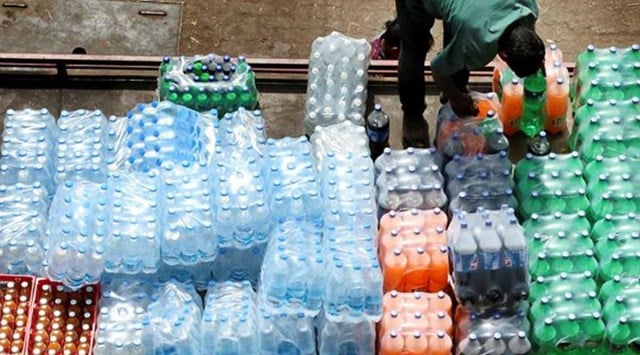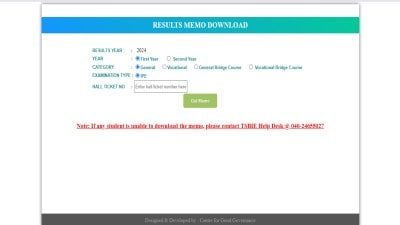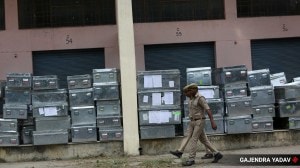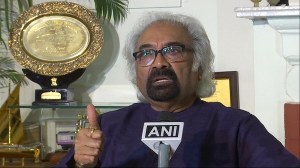- India
- International
Pre-packaged food under GST, 12% tax on hotels with tariff up to Rs 1,000
According to sources, the GST Council has also approved compliance measures for high-risk taxpayers including mandatory biometric authentication, inclusion of electricity bill data, real-time validation of all bank accounts against a particular PAN and geo-tagging.
 Currently, 5 per cent GST is levied on branded and packaged food items, while unpacked and unlabelled are tax exempt. (File)
Currently, 5 per cent GST is levied on branded and packaged food items, while unpacked and unlabelled are tax exempt. (File)Bringing pre-packaged and labelled food items such as wheat flour, puffed rice, curd/ lassi/ buttermilk and paneer under the GST net, withdrawing exemption for hotels with rent below Rs 1,000 a day and correction of inverted duty structure for host of items such as edible oils, coal, LED lamps, printing ink, knives and solar water heaters are learnt to have been approved by the Goods and Services Tax (GST) Council on the first day of its 47th meeting on Tuesday.
The discussion on the contentious issue of extension of compensation for states beyond June 2022 and 28 per cent GST rate on casinos, online gaming, and horse racing, are to be taken up for deliberations on Wednesday.
According to sources, the GST Council has also approved compliance measures for high-risk taxpayers including mandatory biometric authentication, inclusion of electricity bill data, real-time validation of all bank accounts against a particular PAN and geo-tagging.
Mandatory generation of e-way bills by states for intra-state transportation of gold and precious stones has also been approved by the Council but the decision on the threshold has been left to the states.
The correction of inverted duty structure and withdrawal of exemptions were part of the interim report of the Group of Ministers on rate rationalisation, headed by Karnataka Chief Minister Basavaraj S Bommai, which has been given an extension for submission of the final report. It has recommended 12 per cent tax on hotel rooms costing less than Rs 1,000 a day which are presently exempt, increasing the rate on manufacturing services of leather goods, clay bricks from 5 per cent to 12 per cent, and hiking GST on LED lamps, ink, knives, blades, power driven pumps, spoons, forks, dairy machinery from 12 per cent to 18 per cent.

🚨 Limited Time Offer | Express Premium with ad-lite for just Rs 2/ day 👉🏽 Click here to subscribe 🚨
It has also sought to bring pre-packaged food items including puffed rice, wheat flour, curd, lassi, at par with branded food items with a tax rate of 5 per cent. Currently, 5 per cent GST is levied on branded and packaged food items, while unpacked and unlabelled are tax exempt. Further, the panel has suggested withdrawal of input tax credit refund for inverted duty structure for edible oil and coal.
More measures for compliance to plug revenue leakages are in the offing with a greater scrutiny to be over high-risk taxpayers.
Identifying risky behaviour of the new registrants/applicants using artificial intelligence and place the information on the back office for the field officer to carry out mandatory physical verification of these taxpayers along with real time validation of bank accounts through integration of GST system with NPCI and inclusion of electricity bill metadata (CA No.) as a data field during registration by new taxpayers are some of the measures going to be discussed in the Council meeting.
Rate rationalisation measures under GST are being considered as the compensation regime — under which states were offered compensation for revenue loss below the guaranteed compounded 14 per cent rate — comes to an end in June after five years of the rollout of the indirect tax regime and GST weighted average growth rate being around 11.6 per cent as against 14.4 per cent revenue neutral rate at the time of its 2017 rollout.
In 2021-22, only five out of 31 states/UTs — Arunachal Pradesh, Manipur, Mizoram, Nagaland, Sikkim — registered a revenue growth higher than the protected revenue rate for states under GST. Puducherry, Punjab, Uttarakhand, Himachal Pradesh, and Chhattisgarh have recorded the highest revenue gap between the protected revenue and post-settlement gross state GST revenue in 2021-22. States were guaranteed compensation at the compounded rate of 14 per cent from the base year 2015-16 for losses arising due to implementation of GST, as per the Goods and Services Tax (Compensation to States) Act, 2017.
Apr 24: Latest News
- 01
- 02
- 03
- 04
- 05








































